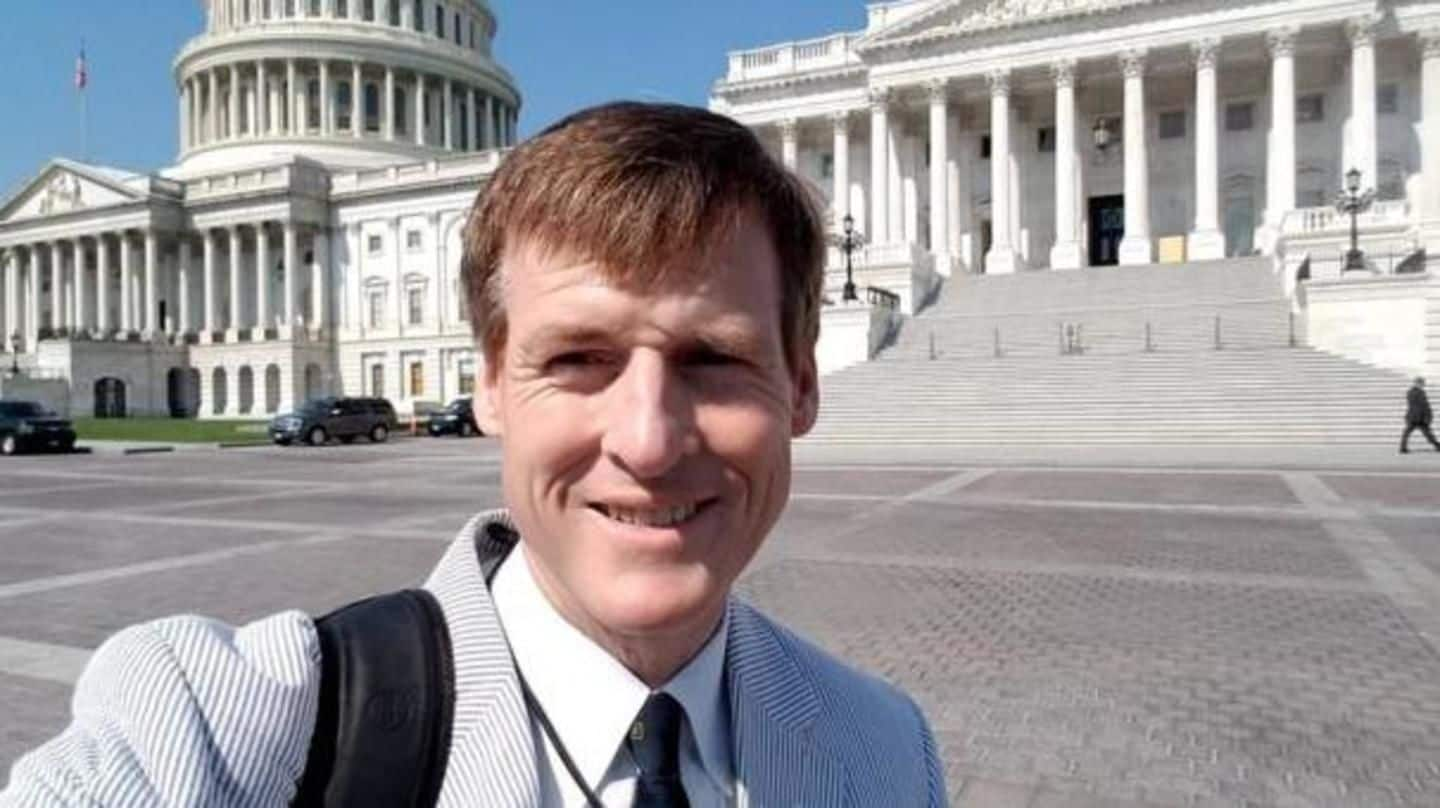
AI creates new voice for radio journalist with speech issues
What's the story
Jamie Dupree, a 54-year-old US political radio journalist, suffers from a rare neurological condition which led to him losing his voice two years ago. This got his 35-year-old career directly in the line of fire. But now Scottish technology company CereProc has created a new voice for him with the help of neural networks that predict how Dupree talks by analyzing old voice recordings.
Return to the air
Dupree will start broadcasting again from June 18
With the new computer-generated voice, Dupree will make a comeback on Cox Media-owned radio stations in Orlando, Jacksonville, Dayton, and Tulsa. He will use a free text-to-speech program called "Balabolka" to convert scripts into audio recordings. Dupree can slow down consonants or vowels, swap words, and even change the pitch. As an end-product, a full radio story can be taken live in seven minutes.
Silenced by illness
Dupree produced political news content for six radio stations
In 2016, Dupree began losing his voice but his vocal cords, throat, and larynx were absolutely fine. Eventually, he was diagnosed with tongue protrusion dystonia, a neurological condition where throat tightens and tongue pushes forward, making it impossible to say over three words at a time. After the diagnosis, Dupree went off-air but continued to conduct interviews with policymakers using an eWriter tablet.
Twitter Post
Dupree happy to be back to radio broadcasting
Yes, it will probably sound robotic to some of my listeners; but for the first time in two years, I will be back on the radio. @jamiedupree and #DupreeOnAir #JamieDupree. Hear Jamie Dupree again starting Monday (6/18.) https://t.co/xkAK2qIdlc
— WSB Radio (@wsbradio) June 15, 2018
Neural networks
Record a sequence of sentences, turn it into a voice
Typically, to create a voice using neural networks, one has to feed the AI with a script for 30 hours so that it has enough data to work upon. Then you can either order the AI to break apart the words and stick them back together or predict and imitate speech patterns from the audio file. These methods are fairly costly and time-consuming.
New voice
AI predicts how you would speak based on your recordings
But, in order to speed up the process and make it affordable, CereProc has been developing its own neural networks since 2006. Its AI system, once it has your audio recording, can create a new voice in a few days for £500. The neural networks slice each word into 100 tiny pieces until it starts understanding how basic phonetics work in your voice.
Do you know?
CereProc has created 250 voices for people who can't speak
Recently, CereProc also re-created the voice of former US President John F. Kennedy. This was done so that the speech that he was supposed to give in Dallas on the day he was assassinated in 1963 can finally be heard in his own voice.